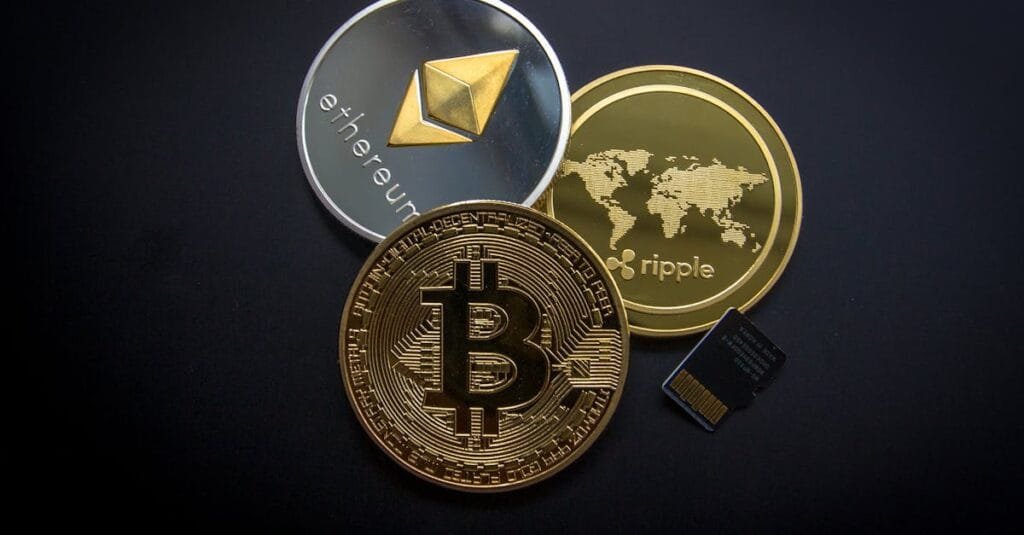Global Business Services (GBS) organizations are constantly evolving to meet the demands of a complex, fast-paced business environment. Efficiency, scalability, and compliance have always been priorities—but in today’s world, transparency is emerging as a game-changer. Enter blockchain: a disruptive technology that promises to transform how GBS operates by providing unparalleled visibility, traceability, and trust across processes.
Let’s explore how blockchain is redefining GBS operations and unlocking new levels of transparency.
Blockchain: A Foundation for Trust in GBS
At its core, blockchain is a distributed ledger technology that records transactions in a secure, immutable, and transparent manner. This makes it ideal for GBS operations, which often involve managing complex workflows across multiple stakeholders, regions, and systems.
Key Benefits for GBS:
- Immutable Records: Transactions and data cannot be altered once recorded, ensuring auditability and compliance.
- Real-Time Visibility: Stakeholders can access accurate, up-to-date information on shared processes.
- Decentralized Control: Reduces dependency on intermediaries, streamlining operations and lowering costs.
Real-World Example:
Maersk and IBM’s blockchain platform, TradeLens, revolutionized global shipping logistics by providing real-time access to shipping data across multiple parties. A similar approach can enhance GBS supply chain operations by reducing fraud and improving efficiency.
Enhanced Supply Chain Transparency
GBS units managing procurement and supply chain processes stand to benefit significantly from blockchain. By creating an immutable ledger of transactions, GBS can provide end-to-end traceability of goods and materials.
Use Case:
A GBS team managing procurement for a multinational retailer can leverage blockchain to track product origins, ensuring compliance with ethical sourcing standards. For instance, Walmart uses blockchain to track produce from farm to shelf, reducing the time to trace food origins from weeks to seconds.
The Impact:
- Improved supplier accountability.
- Faster resolution of disputes.
- Enhanced customer trust in the supply chain.
Transforming Financial Operations
Finance is a cornerstone of GBS operations, and blockchain is reshaping areas like payments, auditing, and record-keeping.
Use Case:
Traditional intercompany payments involve reconciliation delays and high transaction costs. Blockchain-enabled smart contracts can automate these payments, ensuring accuracy and speed. For example, JPMorgan’s blockchain-based Interbank Information Network (IIN) simplifies cross-border transactions and reduces errors.
The Impact:
- Reduced processing times for payments.
- Enhanced compliance with audit-ready records.
- Significant cost savings by eliminating intermediaries.
Strengthening Data Privacy and Security
Data privacy and security are critical concerns for GBS organizations, especially those handling sensitive customer or employee information. Blockchain’s decentralized architecture ensures that data is encrypted and accessible only to authorized parties.
Use Case:
A GBS unit managing HR services can use blockchain for verifying employee credentials, such as educational qualifications or work history, without exposing personal data. This approach has been adopted by governments, like Estonia, which uses blockchain for secure digital identities.
The Impact:
- Enhanced compliance with global data privacy regulations, such as GDPR.
- Reduced risk of data breaches.
- Greater employee trust in HR processes.
Revolutionizing Contract Management with Smart Contracts
Smart contracts—self-executing contracts with terms directly written into code—are a game-changer for GBS contract management. They automate processes like vendor payments, performance reviews, and service-level agreement (SLA) compliance.
Use Case:
A GBS unit managing vendor agreements can use blockchain to automatically release payments once SLAs are met. This eliminates manual intervention, reduces errors, and speeds up the payment cycle.
The Impact:
- Increased efficiency in contract management.
- Reduction in disputes and manual errors.
- Strengthened vendor relationships through timely payments.
Enabling Real-Time ESG Reporting
Environmental, Social, and Governance (ESG) reporting is becoming a critical function for GBS units. Blockchain can provide real-time, verifiable ESG data, helping organizations meet regulatory and investor demands.
Use Case:
GBS units can use blockchain to track carbon emissions across the supply chain, providing verifiable data for ESG reports. SAP and Circularise have partnered to use blockchain for tracking plastic recycling in the automotive sector.
The Impact:
- Greater transparency in ESG performance.
- Enhanced credibility with stakeholders.
- Streamlined regulatory compliance.
Challenges to Adoption
While blockchain offers immense potential, there are hurdles to overcome:
- Integration Complexity: Legacy systems need to adapt to blockchain-based processes.
- Skill Gaps: GBS teams may require upskilling to manage and leverage blockchain technology effectively.
- Scalability Concerns: Blockchain’s scalability can be an issue for high-volume transactions.
Despite these challenges, the long-term benefits of blockchain in driving transparency and efficiency far outweigh the initial barriers.
Conclusion: The Future of Transparent GBS Operations
Blockchain’s ability to provide secure, transparent, and real-time visibility is transforming GBS operations from back-office functions to strategic enablers. Whether it’s enhancing supply chain traceability, automating financial processes, or ensuring compliance with ESG standards, blockchain is unlocking possibilities previously out of reach.
As GBS organizations strive to meet the demands of a digital-first, trust-driven world, adopting blockchain isn’t just a technological upgrade—it’s a strategic imperative. The question isn’t if blockchain will transform GBS operations, but how quickly your organization can embrace the change.
Sources
- IBM TradeLens Case Study
- Walmart Blockchain for Food Safety
- JPMorgan Interbank Information Network
- Estonia’s Digital Identity Blockchain
- SAP and Circularise Blockchain Partnership
Blockchain isn’t just a trend; it’s the next frontier in GBS transformation. Organizations ready to embrace its potential will unlock a future of unparalleled transparency and efficiency.


